TLDR;
The future of photography lies in the hands of advancing technology, AI integration, and a cultural shift toward authenticity and ethical storytelling. Global trends show a blend of innovation, visual communication, and immersive tech shaping what photography will look like in the next 5–10 years.
Photography is undergoing one of its most significant transformations in history. Driven by innovation, artificial intelligence, mobile tech, and evolving audience expectations, the future of photography is set to be smarter, more immersive, and deeply intertwined with ethics and storytelling.
Looking Back – How Photography Has Evolved Over the Years
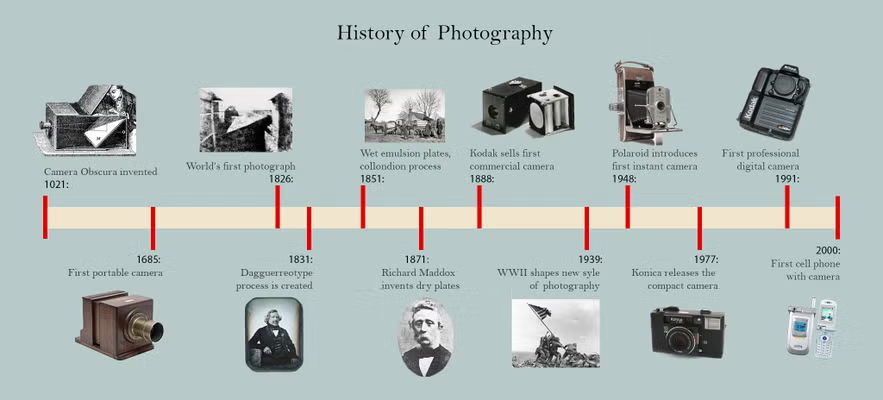
From Film to Pixels: The Shift to Digital
The evolution from analog film to digital photography fundamentally changed how the world captures moments. In the past, photography involved careful framing, chemical processes, and physical film rolls. The rise of DSLR cameras in the 2000s and later mirrorless systems transformed not just image quality—but also accessibility.
- Past to Present Technology: The digital revolution allowed for instant review, mass sharing, and endless editing possibilities.
- Photography Trends Over the Years: From sepia-toned nostalgia to ultra-HD portraits, trends mirrored the capabilities of each era’s technology.
Today, nearly everyone is a photographer—because photography is no longer confined to professionals or studio setups.
Smartphone Cameras and the Democratization of Photography
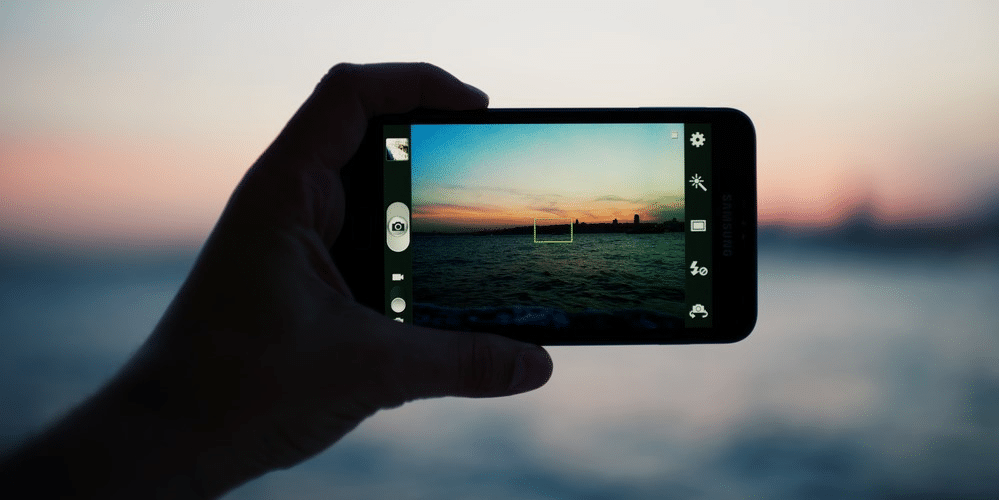
With over 90% of images now captured on smartphones, mobile photography has become the norm. The power to create, edit, and share is in everyone’s pocket. Platforms like Instagram, Snapchat, and BeReal have influenced not only how we shoot photos—but why we take them in the first place.
- Mobile Photography Evolution: From grainy images to 4K videos, smartphones now rival professional gear.
- Social Media Influence: Aesthetic filters, viral visuals, and the rise of selfie culture are part of photography’s cultural shift.
This “democratization” of photography means more diverse stories are told—but it also means standing out requires more creativity than ever.
Current Photography Trends Dominating 2025 - 2026
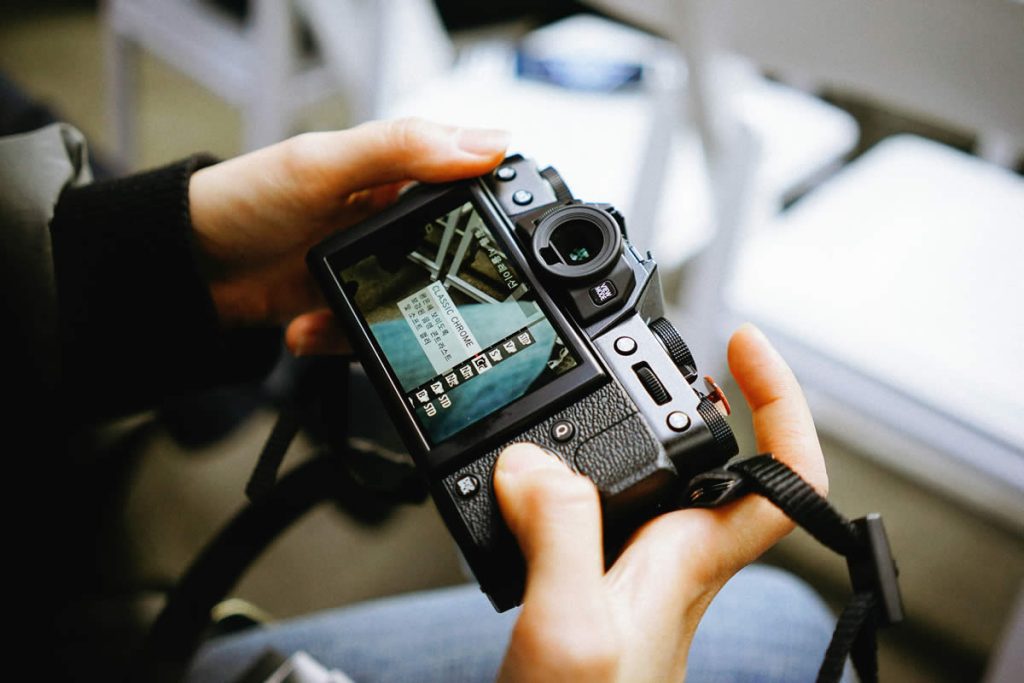
AI and Automation in Photography
Artificial intelligence is no longer the future—it’s the present. Tools like Adobe Firefly, Runway ML, and Midjourney allow for automatic image generation, enhancement, and real-time editing.
- AI in Photography: AI can now compose shots, correct exposure, and even generate entirely new scenes from prompts.
- Photography Automation: Smart tools assist photographers with framing, editing, and even storytelling direction.
Professionals must now ask: how can I use AI to support my creativity without replacing it?
Visual Storytelling and Social Influence
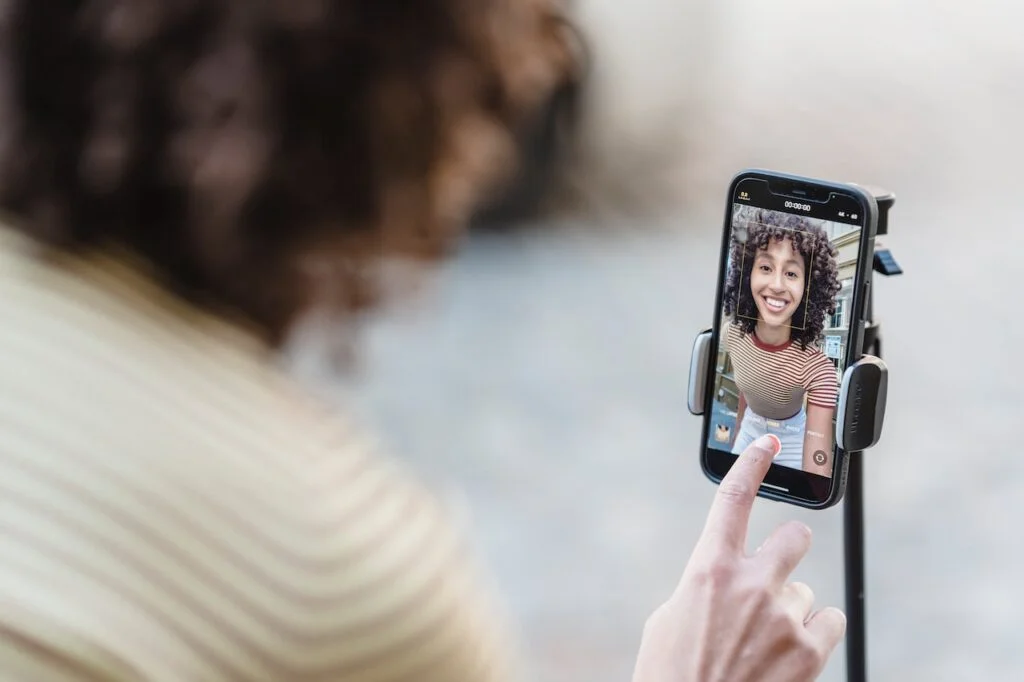
Photography is shifting from being just a medium of documentation to one of narrative. Platforms like TikTok and Instagram push photographers to create stories, not just snapshots.
- Visual Storytelling Trends: The best images now carry emotion, purpose, or commentary.
- Authenticity Rules: Overly edited images are giving way to raw, unfiltered moments that connect more deeply.
Photography is now about why you shoot—not just what you shoot.
Rebirth of Analog & Vintage Aesthetics
Interestingly, as digital dominates, there’s a parallel rise in analog. Gen Z is embracing film photography, Polaroids, and vintage filters. It’s not about resolution—it’s about feel.
- Retro Photography Trends: Light leaks, grainy textures, and imperfections are back in style.
- Analog Photography Revival: Young creators are buying old cameras to capture moments that feel timeless.
It’s a visual rebellion against the perfection of digital.
Technological Innovations Changing the Game
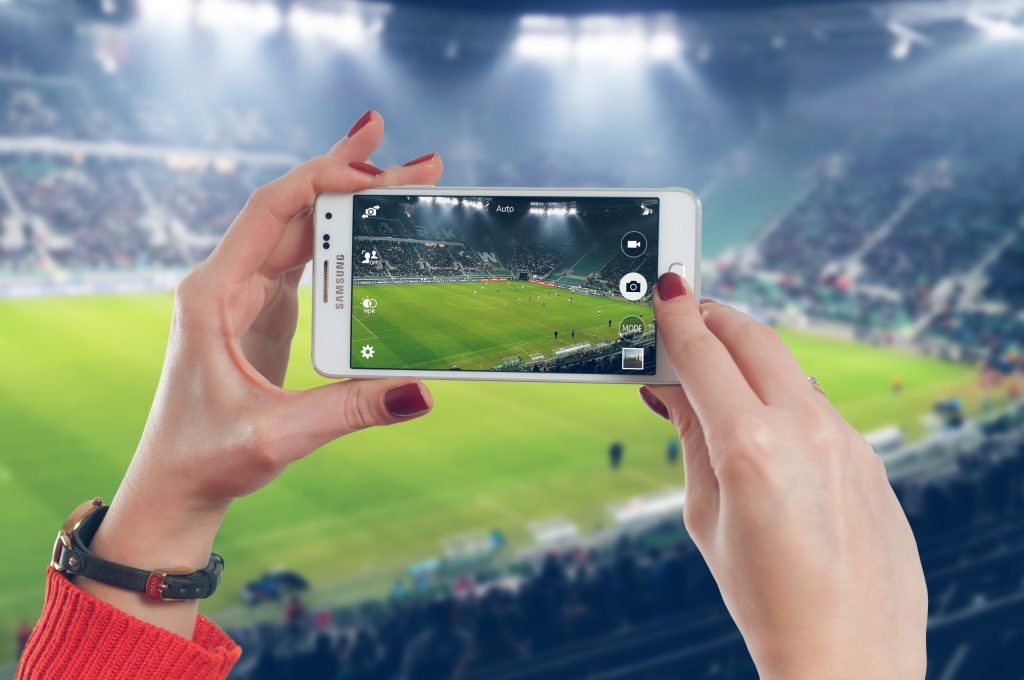
Computational Photography & Smart Cameras
Features like night mode, AI filters, and real-time HDR are powered by computational photography—where hardware and software merge to create better images.
- Technology in Photography: Your camera is no longer just a lens—it’s a mini computer.
- DSLR vs Mirrorless vs Smartphones: Even traditional gear is adapting to match the intelligence of smartphones.
These innovations reduce the technical gap and elevate creativity.
Immersive Tech – Drones, 360° Cameras, and AR/VR
We’re moving beyond the flat image. Drones capture cinematic landscapes, 360° cameras offer full environments, and AR/VR allows for interactive visuals.
- Drone Photography Trends: Drones have become essential in events, real estate, and filmmaking.
- Future of Immersive Photography: AR and VR are transforming how we experience images, not just see them.
Imagine walking through a wedding album in VR or exploring a documentary in 360°.
Image Ownership, Blockchain, and NFTs
As AI and digital manipulation grow, so do questions around image rights. Blockchain and NFTs offer possible solutions by timestamping and authenticating digital assets.
- Ownership of AI-Generated Images: Who owns a photo generated by a prompt?
- NFT Photography: Some photographers are monetizing their art by minting it on the blockchain.
We’re entering a new era of copyright and creativity.
The Photography Industry Forecast – What's Coming
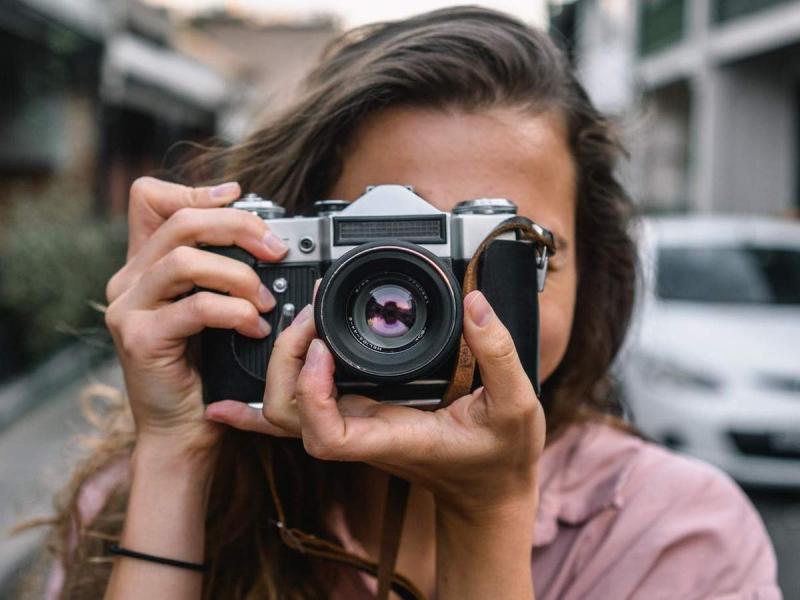
Market Growth & Job Opportunities
According to market forecasts, the digital photography market is expected to grow by billions over the next five years. Niche roles are also expanding:
- Drone Pilots for real estate and events
- AR Stylists for fashion and advertising
- AI Image Editors for brands and influencers
Careers in photography are evolving as fast as the tools themselves.
New Revenue Models for Creators
Photographers today aren’t just selling prints—they’re selling experiences, subscriptions, and knowledge.
- Monetization in Photography: Patreon, OnlyFans (for artistic work), and exclusive preset sales are trending.
- Photography Business Trends: More creators are launching courses, offering memberships, and consulting brands.
There’s more than one way to turn creativity into income.
Education & Upskilling for the Next Generation
The fastest way to keep up with the future of photography? Learn continuously.
- Photography Education Trends: Platforms like Skillshare, Domestika, and YouTube are redefining how people learn.
- Online Certifications: Many budding photographers are getting certified through affordable programs instead of traditional schools.
At Careers Collectiv, we encourage ongoing learning to stay relevant in a changing industry.
Cultural & Ethical Shifts in Photography
The Rise of Consent, Representation & Responsibility
Photography is not just about visuals—it’s about values. There’s growing awareness around ethics in photography, especially in fashion, photojournalism, and AI-generated content.
- Representation Matters: Diverse voices, bodies, and cultures are being centered in photography.
- Consent Culture: Whether using AI or real models, permission and clarity are now critical.
Photographers must evolve as cultural storytellers, not just image-makers.
Sustainability and Conscious Photography
In a climate-conscious world, photographers are looking for eco-friendly ways to work.
- Eco Photography Trends: Biodegradable packaging, energy-efficient gear, and minimalism in photography are trending.
- Less Is More: Visual simplicity is becoming a powerful statement.
Being conscious isn’t a constraint—it’s a creative direction.
Predictions: The Next 5–10 Years in Photography
- AI will not replace photographers—but it will redefine them.
- AR, VR, and holograms will merge photography with digital experience.
- Jobs like “AI Prompt Director” and “Visual Experience Designer” will emerge.
- Traditional photojournalism will blend with immersive storytelling.
We may even see cameras without lenses—just sensors interpreting your eye movements and converting thoughts into visuals.
Want to start your photography business? Check out our guide for 2025 — it breaks down everything you need to launch, market, and scale your photography brand in today’s evolving landscape.
Want to become a professional photographer? Sign up on a photography course with Careers Collectiv!
FAQ: Frequently Asked Questions
What is the future of photography?
The future of photography involves AI-powered tools, immersive experiences, ethical storytelling, and broader accessibility through mobile and computational tech.
How is AI changing photography?
AI automates tasks like editing and composition and introduces entirely new forms of image creation through generative tools.
What are the latest trends in photography?
Current trends include visual storytelling, retro aesthetics, smart camera innovations, drone usage, and AI-enhanced photography.
Will photographers be replaced by AI?
No, but the role of a photographer will evolve. AI can support but not replicate the human touch, vision, and narrative skill.
Is film photography making a comeback?
Yes. Gen Z and millennials are reviving analog styles for their unique imperfections and nostalgic charm.
What are some photography innovations today?
From real-time HDR and AR photography to drone-captured visuals and AI image generation, innovation is reshaping how we capture and experience photos.